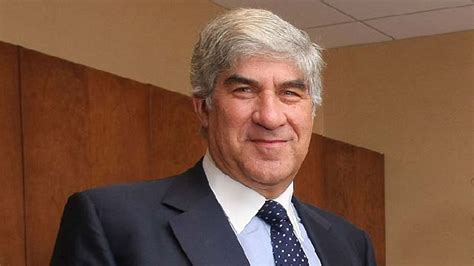A Quote by Melissa Bank
It's perfectly natural to doubt your judgment about doubting your judgment.
Related Quotes
Michael Marcus taught me one other thing that is absolutely critical: You have to be willing to make mistakes regularly; there is nothing wrong with it. Michael taught me about making your best judgment, being wrong, making your next best judgment, being wrong, making your third best judgment, and then doubling your money.
You must make a daily effort to look upon others without condemnation. Every judgment takes you away from your goal of peace. Your ego loves your judgments, because with them you remain in a constant state of anguish and remorse. Keep in mind that you do not define anyone with your judgment; you only define yourself as someone who needs to be judged.
One of the bigger mistakes of our time, I suppose, was preaching the demonization of all judgment without teaching how to judge righteously. We now live in an age where, apart from the inability to bear even good judgment when it so passes by, still everyone, inevitably, has a viral opinion (judgment) about everything and everyone, but little skill in good judgment as its verification or harness.
The way Everest is guided is very different from the way other mountains are guided, and it flies in the face of values I hold dear: self-reliance, taking responsibility for what you do, making your own decisions, trusting your judgment - the kind of judgment that comes only through paying your dues, through experience.


































